It was not long before that renting out a cab meant at least an hour of haggling with a travel agent/driver /tout. Following this, even if one manages to strike a decent bargain, there is always the impending hassle of the driver’s punctuality, his driving style, idiosyncrasies etc. In addition to this one has to cough up the charges for the driver’s accommodation and food. Fast-forward to 2015 and one can now accrue the benefits of the self-driven car rentals. The concept of self driven car rentals is quite popular in the west and is slowly catching up in the country. Zoom cars was the first company to offer self driven cars. Following the trend, Avis, Udrive, Ecorentacar, Selfdrive, Voler and several other players have entered the market. The options are varied as they are numerous and there are pros to balance out the cons. Let’s take a lookThe self drive concept eliminates the need for an extra guest (the driver) on your weekend getaway and this means another friend can tag along. Moreover, the freedom of self-driving allows one to detour and explore according to one’s will. In addition to this, the system allows one to choose from a spectrum of vehicles ranging from the modest Tata Nano all the way up to the BMW 7 Series. While there are minor differences in the billing policies of these service providers, the basics remain pretty much on the same lines. Customers are charged according to a per hour basis for the car of their choice and the rates vary for the weekend and peak season. In addition to this, a collateral is retained by the company which is refunded either immediately or in a couple of weeks. One can pick up the vehicle with a full tank of gas. Zoom reimburses the customers for any extra fuel. Voler on the other hand demands a full tank of gas on return. However, their rates are far more competitive in comparison to Zoom and they also pick-up/drop the vehicle from/to your door-step. Toll charges are to be borne by the customers themselves and this is true across all the portals. In addition to this most companies also offer 24/7 road-side assistance. Flexibility in bookings allows one to book a ride even a few minutes before heading out. Commenting on this growing trend, Vikas Parasrampuria, Founder & CEO, Voler “Pegged at USD 9 billion, the market for urban mobility is at a nascent stage and has huge headroom for growth. Today people are well-travelled and are familiar with the self-drive car rental concept. The rising cost of maintenance, drivers and parking as opposed to value proposition such as pay for what you use (Kms/hours) is luring customers towards car rentals. The self-drive car rental empowers people to drive a car of their own choice and liberates them from the clutches of owning a car.”
Car-pooling: Another concept that is picking up rapidly is car-pooling. While car rentals in any form, self-driven or otherwise make sense for a getaway or a picnic, the car-pooling scenario is aimed at the professionals who commute to the same destination along the same route or for frequent inter-city commuters. Long-standing players in this arena are Mebuddie car-pooling. Blablacars, Carpooling and Car-pool Adda have also forayed in this segment. After paying a nominal charge, car owners and commuters register with the car-pooling portals and transactions are conducted online. Commuters are allocated to the car-owners and payments are done by wire transfer.
Although car-ownership might not be a feasible option for many, emerging motoring trends are allowing more and more people to accrue the benefits of a vehicle. Also, given the increasing traffic conditions and the poor rate of infrastructure growth, car-pooling seems to be the way to go ahead for office-commuters.








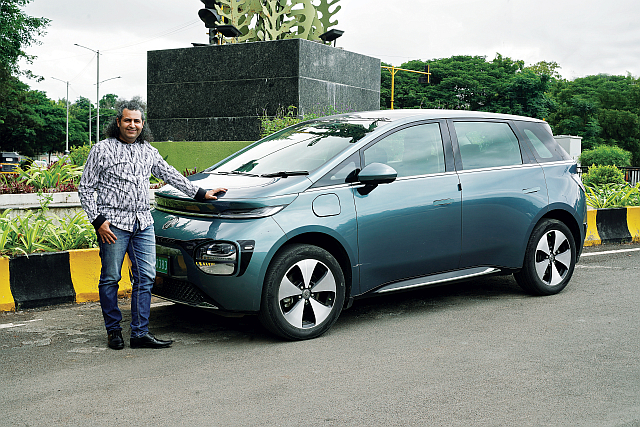
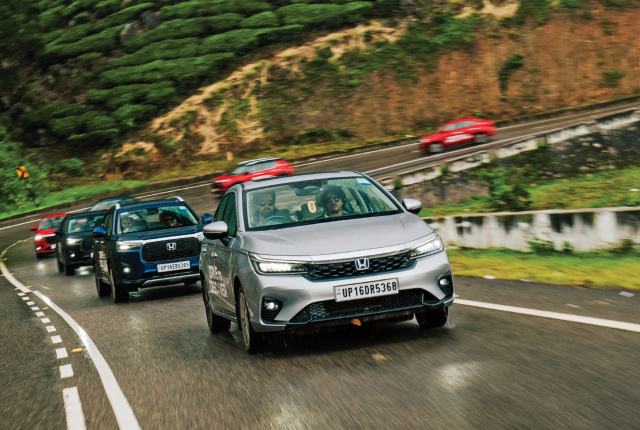
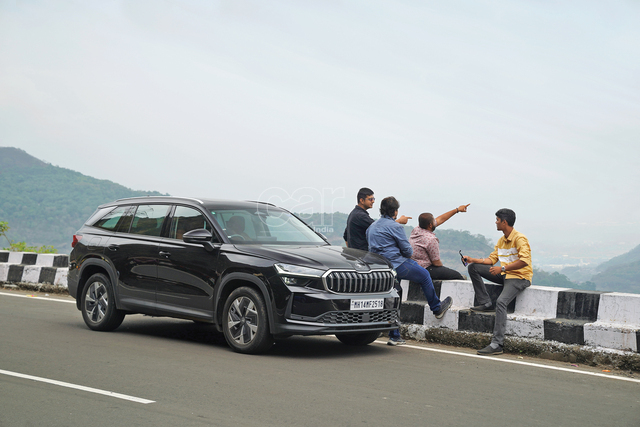








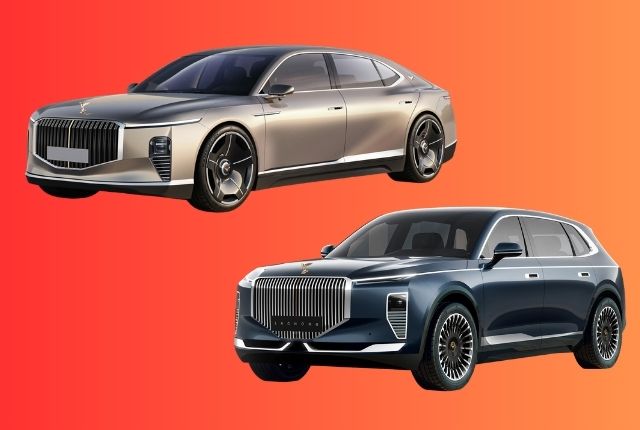
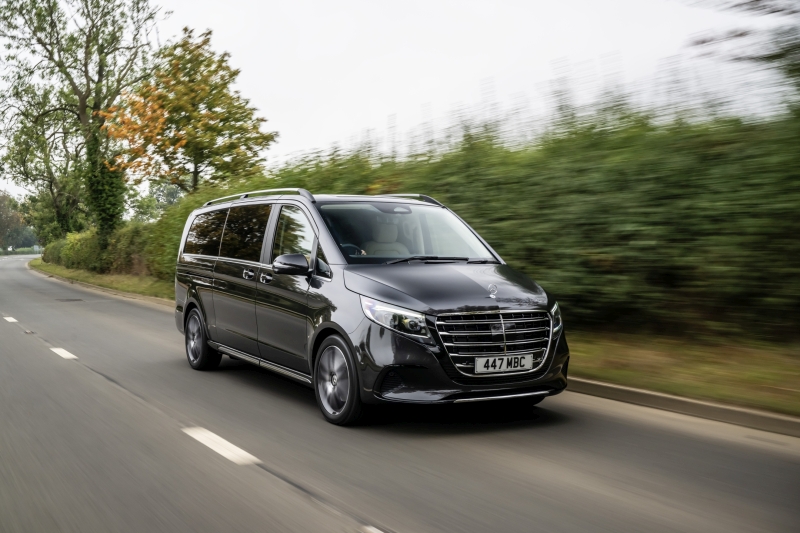

Leave a Reply